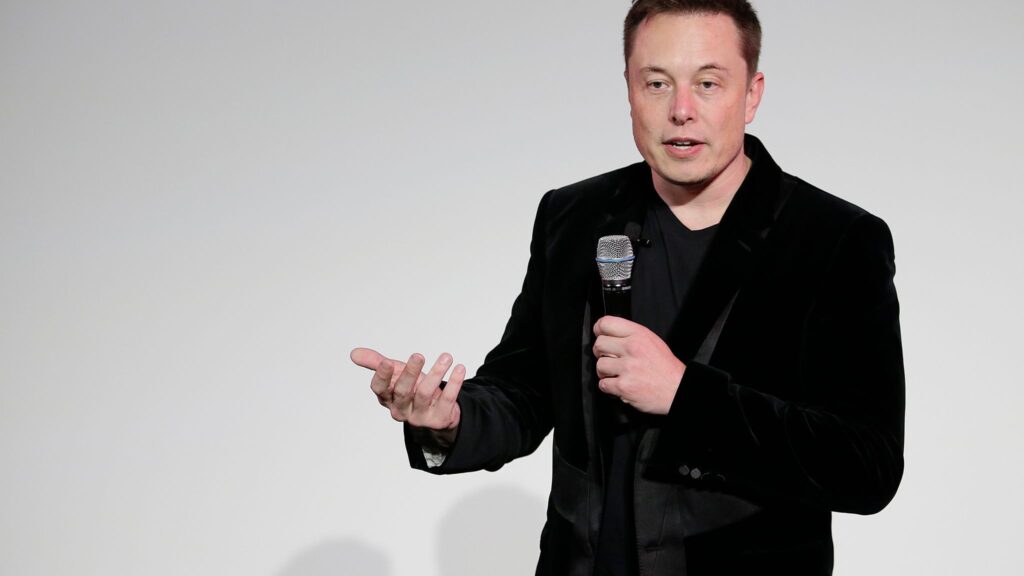
Here’s why the Tesla Model 2 has Swedish workers on strike
What happens when a tech giant like Tesla collides head-on with one of Europe’s strongest labor movements? Welcome to Sweden, where Elon Musk’s car empire is grappling with a full-blown strike, a scenario that could send shockwaves across the globe.
This isn’t just a local skirmish for owners of the Model 2; it’s a clash that could redefine the power play between workers and corporations, not just in Sweden, but potentially in Europe and the U.S. as well. So let’s see how the Model 2 plays a role in this global outcry.

The Spark That Lit the Fire
It all started with a seemingly minor dispute. In Sweden, Tesla doesn’t manufacture cars, but it does run service workshops. Trouble brewed when 130 mechanics, seeking a collective bargaining agreement, were turned down flat. What did they expect? In Sweden, labor unions are not just a force; they’re a tradition, with over ninety percent of workers backed by collective agreements. But Tesla said no, igniting a chain reaction.
Solidarity isn’t just a word in Sweden; it’s a way of life, especially when it comes to labor rights. So, when Tesla’s mechanics cried foul, it wasn’t just their fight. Dockworkers, mail staff, cleaners, and even car painters joined the fray, refusing to work with Tesla products.
Stockholm’s largest taxi company even halted purchases of new Tesla cars. This isn’t just about a group of mechanics; it’s a nationwide movement with international implications.
Tesla might have thought it could waltz into Sweden and dance to its own tune. But this is a country where labor relations are more like a carefully choreographed ballet. The Swedish model – no minimum wage laws but strong union-employer negotiations – has kept industrial peace for years. Tesla’s refusal to sign a collective agreement? That’s more than just a misstep; it’s a challenge to the very fabric of Swedish society.

Tech Giants vs. Swedish Traditions
It’s not just Tesla trying to test the waters. Other tech behemoths have tried to skirt around Sweden’s labor model, often with little success. The financial tech company Klarna and even Spotify have felt the heat. Sweden’s labor model isn’t just resilient; it’s apparently contagious, potentially influencing how these companies operate globally.
Tesla’s been in hot water before. Allegations of workplace safety issues, discrimination, and anti-union tactics are part of its checkered history. But this Swedish standoff could be different. It’s not just about Tesla’s internal policies; it’s a challenge to a national ethos. And with labor movements gaining momentum worldwide, especially in the U.S., Tesla might be risking more than it bargained for.
Speaking of the U.S., 2023 has been a landmark year for labor movements. High-profile strikes, growing public support for unions, and significant victories for workers are changing the game. Even Hollywood actors and healthcare workers are making their voices heard. With this global backdrop, Tesla’s tussle in Sweden isn’t an isolated incident; it’s part of a larger narrative of labor empowerment.

The Swedish Stalemate: What’s Next?
In Sweden, the mechanics’ strike is more than a labor dispute; it’s a cultural standoff. Tesla’s stance against signing a collective agreement has provoked a nationwide response. Unions are rallying, expanding blockades and strikes, aiming to pressure the automaker into compliance. This isn’t just a fight for better working conditions; it’s a battle to preserve a national labor model that’s deeply ingrained in the Swedish psyche.
This isn’t just another labor dispute. It’s a classic David vs. Goliath tale, with Swedish mechanics taking on the world’s wealthiest entrepreneur. The odds might seem stacked against them, but the momentum is undeniably on their side. With unions across sectors showing solidarity and the public sentiment leaning towards labor rights, Tesla might have bitten off more than it can chew.

The future
Tesla’s standoff in Sweden is more than a regional issue; it’s a potential catalyst for change in global labor relations. If the mechanics win their fight for a collective agreement, it could inspire similar movements in other countries, especially where Tesla has a larger presence, like Germany. The implications are enormous, not just for Tesla but for international labor relations as a whole.
For Tesla, this isn’t just about managing a local dispute. It’s about setting a precedent. How this plays out could influence the company’s global operations, especially in places where labor movements are gaining strength. But beyond Tesla, it’s a litmus test for the power of organized labor in the face of corporate resistance.



